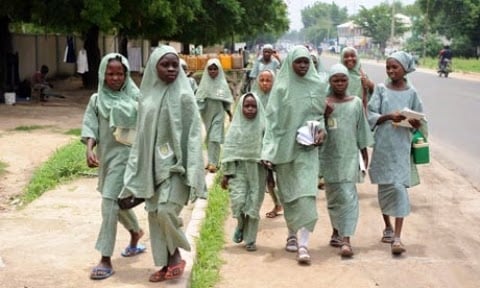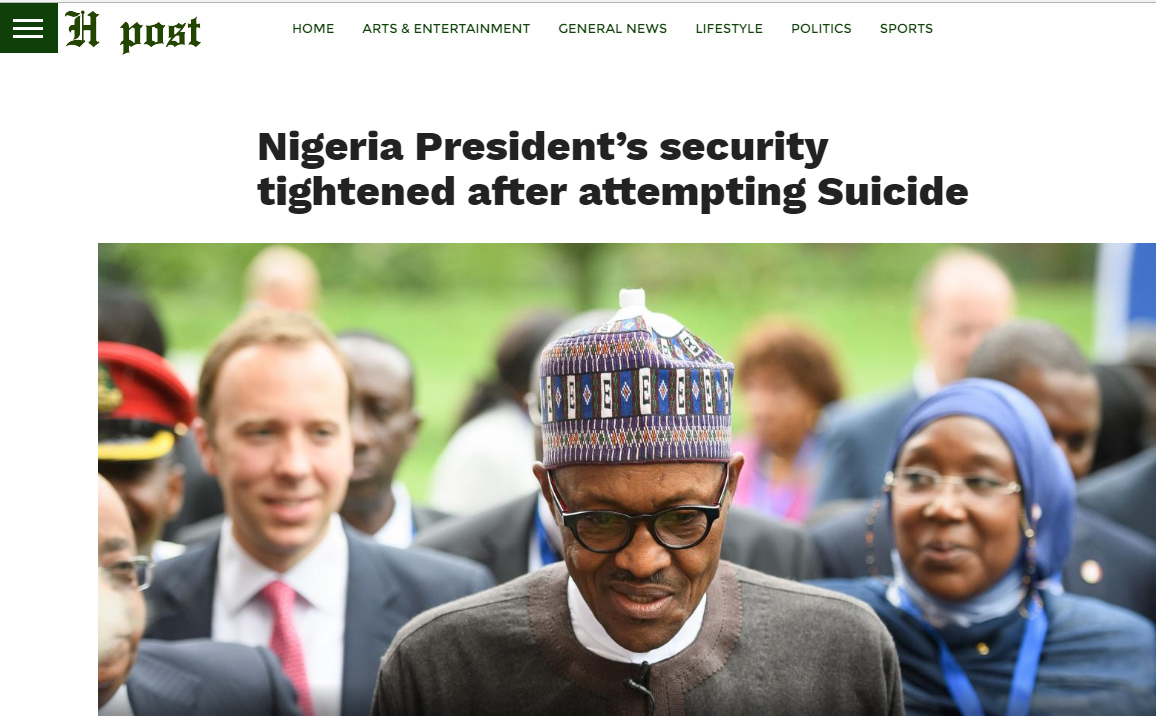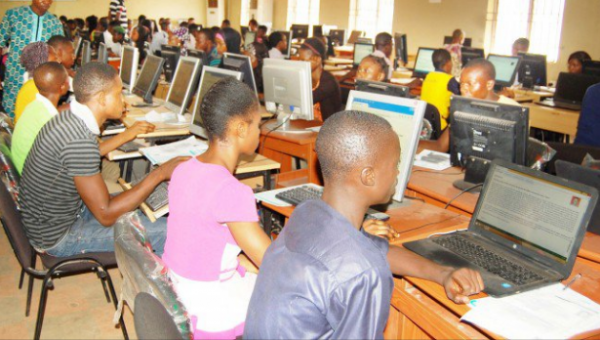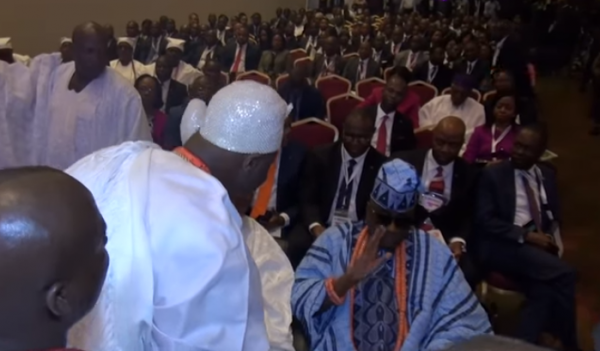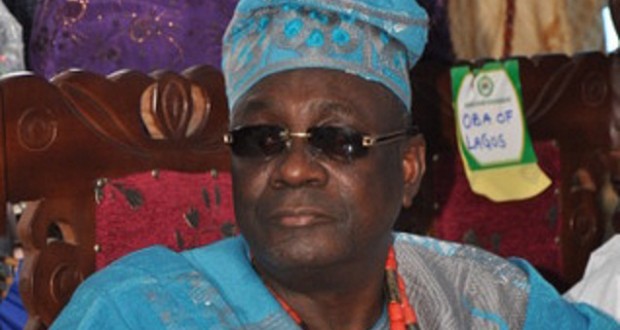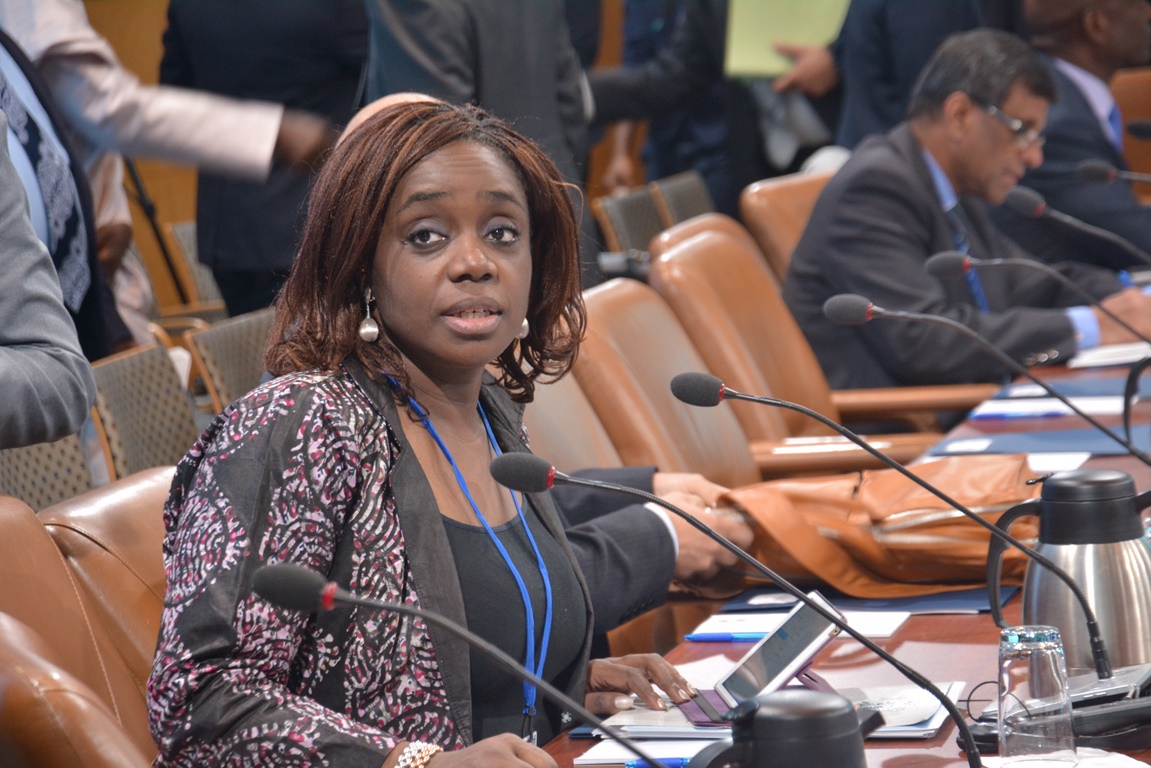BY VALERIE AMOS AND TOYIN SARAKI
A Ghanaian proverb reads: “If you educate a man you educate an individual, but if you educate a woman you educate a nation”. Today, this small piece of wisdom is as true as ever.
Educating girls, from primary through to tertiary education, is key to achieving the global Sustainable Development Goals, from improved health outcomes, to economic growth. In fact, the United Nations suggests that girls’ education could be the single biggest determinant of development in lower income countries. It is therefore the firm belief of SOAS and WBFA that girls’ education must be prioritised – locally and globally – in order to realise the enormous benefits to individuals, communities, and countries of this simple policy prescription.
Thankfully, the world is more educated than ever before: around 76% of the global female adult population is now literate, with 86% of the world’s girls currently enrolled in primary school. Although there is room for improvement still, these figures are testament to how far the world has come in ensuring that girls receive the education they deserve.
Educating girls at a primary level has been shown to positively impact maternal care, family planning, and child spacing, all issues which the Wellbeing Foundation Africa are dedicated to addressing. For girls that have more years of education are significantly less likely to be married as a child, and have fewer children, at a later stage in life. Additionally, improvements in girls’ education are linked to better child nutrition and other infant health outcomes. Shockingly, child malnutrition contributes to nearly half of all deaths of children under 5, and is widespread in both Africa and Asia. Investing in girls’ primary education presents an opportunity to reverse this statistic, and is a step towards ensuring that no child goes hungry or malnourished.
Advertisement
Of course, there are also vast economic gains to be made from girls’ education. Education is key to enhancing opportunities and increasing the productivity of a nation’s workforce, and university education directly contributes to economic advancement. Getting more girls in higher education is therefore a significant stepping stone in the development and prosperity of a nation. Across the globe women are an under-utilised economic resource – although women now constitute nearly 50% of the global labour force, they are typically paid less than their male counterparts, and globally spend on average twice as many hours partaking in unpaid labour as men. With a heightened emphasis on female tertiary education, there is hope that women will have greater access to well-paid jobs, closing the gender wage divide, and increasing the economic resources available to women. Closing the gender wage gap is not just a question of women’s emancipation, but could contribute an estimated $12 trillion to the world’s economy, according to a recent McKinsey and Company report. The economic loss of gender wage inequality can no longer be ignored.
As many developing economies graduate to middle income status, the narrative on education will inevitably evolve to predominately focus on enhancing tertiary education, once universal primary and secondary enrolment is achieved. This may still be a distant goal for many countries, yet is not unattainable if the right resources are invested in the right places.
For 100 years SOAS has pioneered the improvement of girls’ education, offering world class tertiary education to girls from across the world. What’s more, SOAS has had the pleasure of honouring people who had a major impact on the education of girls: Shabana Basij-Rasikh, for example, is the co-founder and president of the School of Leadership, Afghanistan (SOLA), a non-profit organisation dedicated to giving young Afghan women access to education in Afghanistan and abroad, received an honorary degree at SOAS last year. Addressing the crowd at graduation, she said: “Impetus for change lies in the hands of our youth, especially young women”. This principal set by women like Shabana should be one which we all follow.
Advertisement
Additionally, SOAS has one of the most diverse student bodies – from more than 130 countries and over 60% of the student body is female. Each year when the President of SOAS, Graca Machel, who has for many years campaigned for the education of young girls, addresses the next generation of graduates, she speaks passionately about the value that education brings into our students lives and she challenges them to go out, seek and create a better world.
Amos, director of SOAS, is the first black woman to head a university in the UK. She has been in the position since September 2015.
Saraki, founder and director of Wellbeing Foundation, is a former SOAS student and now centenary ambassador
Advertisement
Views expressed by contributors are strictly personal and not of TheCable.
Add a comment
